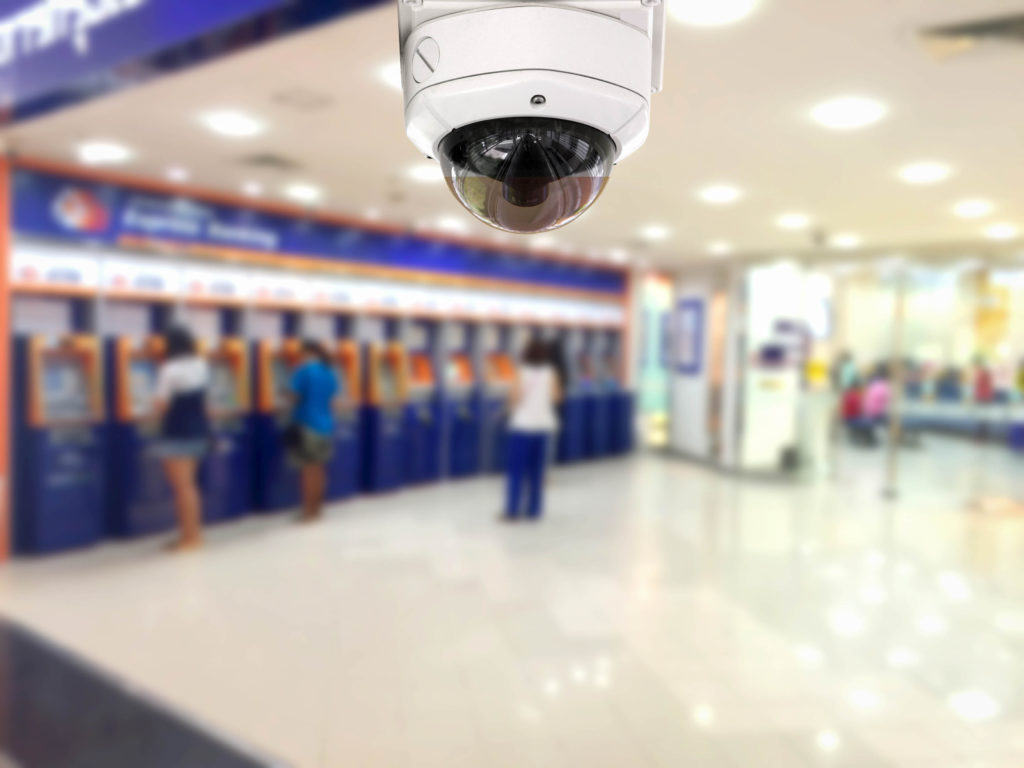
Security DVR Hard Drive Storage Decoded
Security applications can place considerable demands on your security DVR, and hard drive storage capacity is extremely important. We’ve compiled a few tips to help you select a digital video recorder with the appropriate hard drive storage capacity for your surveillance needs.
Security Grade Hard Drives
All hard drives are not created equal. Security-grade hard drives are built for the rigorous demands of surveillance applications. DVRs that feature optimized, purpose-built hard drives are designed for continuous recording of surveillance video.
You may think a standard commercial hard drive is adequate for your surveillance needs, but a low-end model will not have the storage capacity or performance needed for most security applications.
Benefits of a Security Grade Hard Drive (compared to a standard commercial grade hard drive):
- Engineered for rigorous 24/7 video surveillance
- More reliable
- Better performance
- Greater storage capacity and video archiving
- Lower power consumption
- Operates at lower temperature
- Smoother video streaming and less vibration
What Are Your Storage Needs?
In order to select a security DVR with built-in hard drive that has adequate storage space, you should first consider your needs. The greater your recording demands— the more hard drive storage space you will need to store the video.
- Number of cameras
- Frames per second (FPS) per camera
- Number of days of video storage needed
- Hours per day of recording
- Days per week of recording
- Recording resolution
- Video compression
Number of Cameras
The more security cameras you need to capture your surveillance video, the more storage space you’ll need.
Frames per Second (FPS)
Recording video a higher FPS per camera will produce smoother video than recording at a lower frame rate, but will require great storage capacity. A lower frame rate will save hard drive space, but will produce lower quality video than a higher frame rate.
A higher frame rate per camera will produce smoother video (than a lower frame rate) and increase
How Often Do You Need To Record?
How often you need your DVR to record video is also an important consideration when calculating your hard drive storage needs.
The number of days per week and hours per day of recording will affect storage—greater recording demands, require more hard drive space.
Resolution
Resolution is defined as the number of dots or pixels per inch (DPI) used to display an image. The higher the resolution, the more dots needed to create the image.
Higher resolution requires a larger file size and storage space. Lowering the resolution will make the video file size smaller, but will also affect image quality.
Video recorded at D1 resolution (currently the highest resolution used for recording at 720 x 480 pixels) will require more storage space than video recorded at CIF resolution (common intermediate format at 360 x 240 pixels, which produces a lower quality image resolution than D1).

Video Compression
Video compression rates are also important when calculating DVR hard drive storage. Video compression is necessary for capturing, transferring, storing, and viewing video footage, because if the video wasn’t compressed, download and viewing times would take too long, and storage capacity would continue to be an issue.
Your DVR’s video compression rate will affect storage. For example, a DVR that uses H.264 video compression will require less storage than MPEG-4.
Don’t Forget About Recording Modes
Recording modes also have an effect on hard drive storage. For example, motion detection recording will require less storage than continuous recording. Here’s a quick look at recording modes:
- Continuous Recording – Records 24-hours per day, 7 days per week
- Motion Detection – Records only when motion is detected by the camera
- Alarm Recording – Records only when an external alarm is triggered
- Scheduled Recording – Records user-selected time frames (e.g. record 9AM – 6PM Monday –Friday)
Choose More Storage Space than You Think You May Need
It’s much better to choose a DVR with more hard drive space than you think you may need than it is to upgrade or purchase an external hard drive because you chose a DVR that did not provide enough storage space for recording (and archiving) your video.
Try Our Easy-to-use DVR Storage Calculator
Use our time-saving DVR storage calculator to help you figure out the amount of DVR hard drive storage space you may need for your security applications.




About The Author: Supercircuits Team
More posts by Supercircuits Team